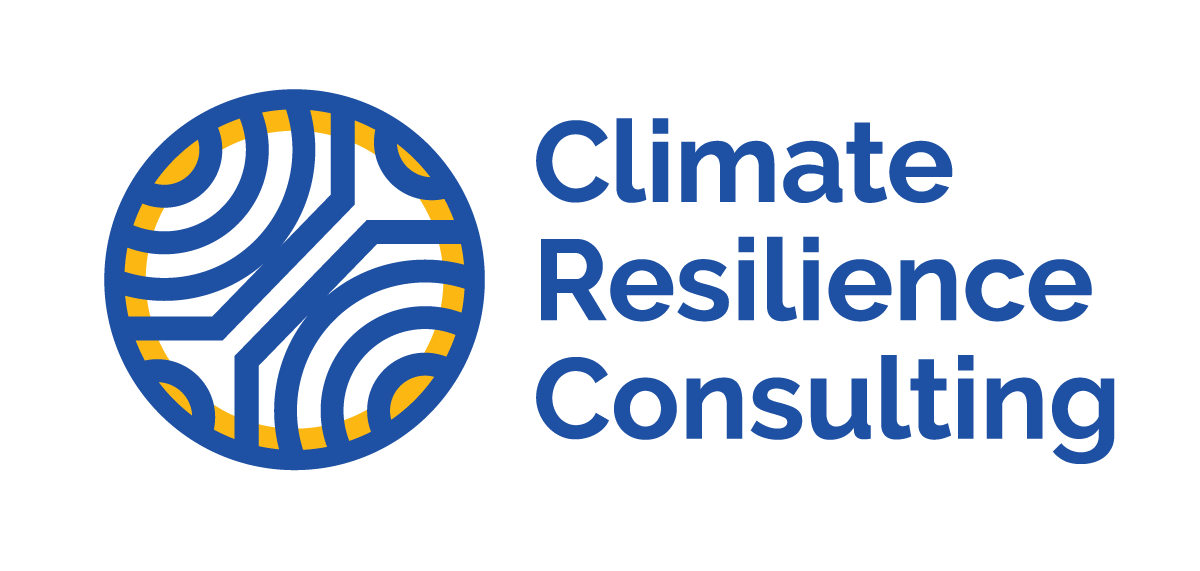A benefit – and deep pleasure – of working at the University of Notre Dame is rubbing shoulders with eminent thinkers. I had the joy last year of meeting Viva Bartkus, Ph.D., Associate Professor at the university’s Mendoza College of Business. She not only is a , University of Notre Dame who is not only a great sage, but also a fine director. In her course, Business on the Front Lines, Notre Dame graduate students serve in post-conflict societies to inspire business initiatives through the humanitarian lens. In two-week installments, they play a role in building long-term community capacity for local resiliency and stability by partnering with local institutions to give people a stake in peace. Earlier this week, I noted in a blog about food security that in employing its Pilot Program for Climate Resilience, the World Bank found flagging demand from the private sector in climate-resiliency issues. Fully 90 percent of their PPCR resources were tapped by government, and only 7 percent by the private sector. The Bank cited as a possible cause the lack of development of markets in these communities. Looking at the ND-GAIN scores for the countries Dr. Viva’s class has impacted, her course is embracing these markets.
Her goal: to explore the role of business in rebuilding war-torn communities.
Students have worked with Uganda farmers to consider cultivation measures to enhance the quality of the food they bring to
Viva notes that BOTFL is a “Journey of discovery where students ask ‘what should be the role of business in society.’”market; in Kenya to inform supply-chain variables with new business models and in Lebanon to determine new approaches to the public/private/political interface in government-run utilities. After students depart, Catholic Relief Services staff members continue working with local experts to put them into effect.
Business on the Frontlines is demonstrating to students—and to the world—the powerful impact business can have in pulling populations out of poverty and stabilizing society following a conflict or disaster. It’s a great example of building resiliency through private sector efforts.

